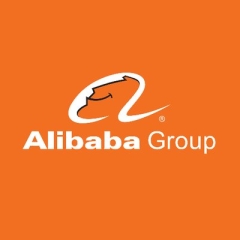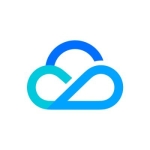The use cases for Alibaba Cloud include services for virtual machines, desk storage devices, etc., and my job is to provide the services from one integrated system, so users will not go to Alibaba but will come to my company's platform. From the platform, users can ask for many services, whether Alibaba Cloud services, AWS, or Azure.
What's good about Alibaba Cloud is its database service. It's also good in the virtual machine area. Alibaba Cloud may not be as good as AWS, but it's relatively good.
A big area for improvement in Alibaba Cloud is its support.
Another area for improvement in Alibaba Cloud is SDK-based service because sometimes, the SDKs don't work correctly. My company uses SDK to avail and provide Alibaba Cloud services, and Alibaba needs to improve on that.
Support for API-based services also needs improvement in Alibaba Cloud because, at the moment, it's not that stable.
What I'd like added to Alibaba Cloud is pricing information. For example, the data isn't available if I need pricing for some SDK-based services. You can find pricing information for a particular VM configuration, but for some database services, pricing information isn't available.
I've been working with Alibaba Cloud for two and a half years.
The stability of Alibaba Cloud is still a work in progress, specifically when adding new features to it. Sometimes adding new features causes some stability issues, though only a little.
Alibaba Cloud is a scalable service.
I'd rate technical support for Alibaba Cloud as seven out of ten because it's not that good and needs improvement.
Setting up Alibaba Cloud isn't difficult. My company avails the Alibaba Cloud service for customers, and time-wise, the service is immediately available.
Pricing for Alibaba Cloud is a little bit cheaper. It has reasonable pricing.
I've evaluated AWS apart from Alibaba Cloud, and compared to AWS, Alibaba Cloud has poor technical support, and the SDKs and APIs aren't very stable.
On the cloud side, I'm using AWS and Alibaba Cloud, which is part of IBM Cloud.
I'm an integrator of Alibaba Cloud.
Alibaba Cloud doesn't require any specific maintenance.
My advice to anyone looking into using Alibaba Cloud is that it's cheaper, so you can try it. However, if you want more accuracy, stability, and 24/7 customer support, primarily relying on the SDKs and APIs, you should think twice. Otherwise, the cost of Alibaba Cloud is reasonable, and service-wise, it's also good because it has many available services worth trying. If you're providing 24/7 solutions to customers, you're also dependent on the Alibaba support team, so at the moment, it's not that reliable, and you should consider other solutions.
Alibaba Cloud deserves a rating of seven out of ten.














